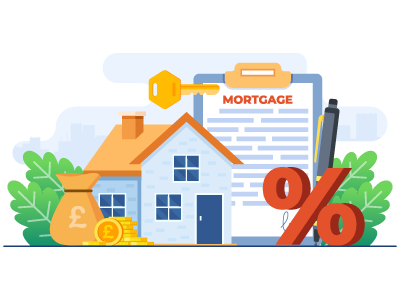

How does it work?
We have hand-selected a mortgage broker to provide mortgage advice to our clients looking to either buy a property or refinance a property they already own.
Whether you are a first-time buyer, a buy-to-let landlord, or a professional, our mortgage broker will be able to help give you the support you need. The next steps are:
-
1
Complete our online form
-
2
Book a meeting time
-
3
Our panel Mortgage Broker discusses your requirements and needs
You can see a list of the mortgage brokers who we work with by clicking here - SAM Conveyancing Panel of Mortgage Brokers.
All mortgage services are provided by a third-party mortgage broker who is regulated by the Financial Conduct Authority. SAM Conveyancing does not provide mortgage advice.

We are delighted that our mortgage broker, Advies, has been recognised by the Financial Times as being one of the FT Adviser UK Top 100 Financial Advisers 2022.
What happens during your meeting?
The mortgage advisor discusses your requirements and reviews your financial position to assess what mortgages are available based on your circumstances.
Further evidence will be required for a formal mortgage application such as pay slips and proof of funds.













